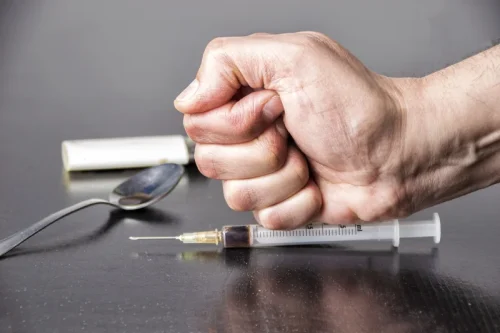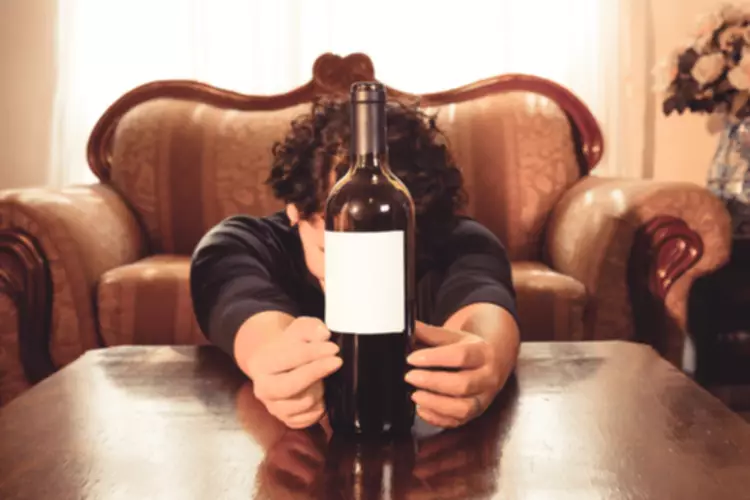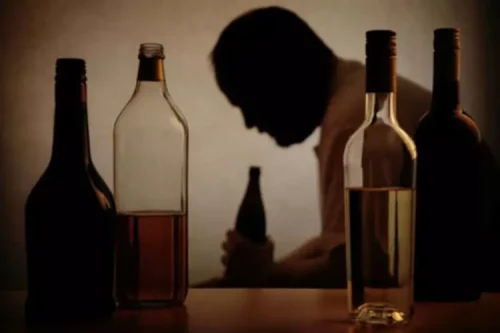
A missed meal can also make hangovers last a lot longer, with Abdeh advising “you should always line your stomach with a meal before you start to drink. “Unless you can roll over and go back to sleep, it is advisable to not drink a lot if you need to be how long can a hangover last up the next day. Chances are, you will feel groggy and exhausted for the rest of the next day.” Alcohol is a diuretic, leaving you feeling dehydrated, so if you have not managed to rehydrate yourself sufficiently, you may feel this effect for some time.
You had a rough night’s sleep.
She previously was on staff at SUCCESS, Men’s Health, and Prevention magazines. Her freelance writing has been featured in Women’s Health, Runner’s World, PEOPLE, and more. Emily is a graduate of Northwestern University, where she majored in magazine journalism at the Medill School of Journalism and minored in musicology. Currently residing in Charleston, South Carolina, Emily enjoys instructing barre, surfing, and long walks on the beach with her miniature Dachshund, Gertrude.
- Despite how often hangovers happen, little research exists to explain exactly why.
- The nausea, headache, parched mouth, and fatigue are telltale signs you’ve got a serious hangover.
- However, you may not want to sleep all day and have other obligations like work or school.
Drinking fluids may help with the morning-after misery from getting drunk.
Food will help restore your blood sugar and can help you feel better. Eat crackers, toast, or other bland, carb-rich foods that https://ecosoberhouse.com/ are easy on your stomach. If you don’t already drink coffee regularly, don’t down a cup in hopes of relieving your hangover.
The Science Behind Hangovers
Drinking alcohol can cause dehydration, which is what leads to some of the symptoms of a hangover like dry mouth, fatigue and dizziness. If you’re prone to migraine attacks, you’re also more likely to have problems with hangovers, particularly hangover headaches, because alcohol is a common migraine attack trigger. Reading stimulates the brain’s pleasure centers, causing the release of mood-enhancing neurotransmitters, explains Solomon. Psychological research shows that friendship also benefits our mental health and longevity. Intertwining a love of reading and friendship will help you feel better during a bluesy book hangover. You won’t find book hangover‘s meaning in the dictionary—this isn’t an official term.

When should I see a healthcare provider?

Are congeners found in all alcoholic drinks?

